Search
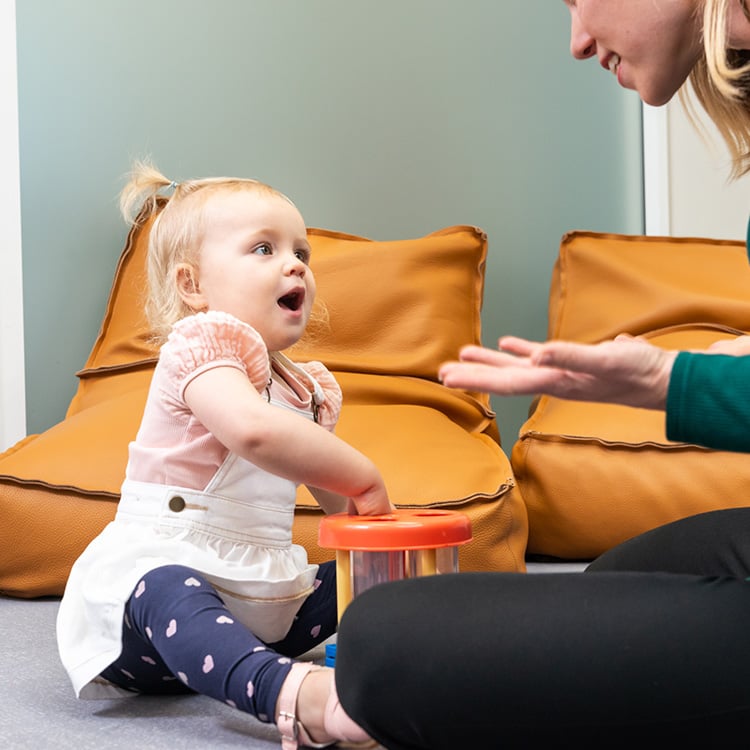
Find out about the range of Focused Therapy programs on offer at CliniKids.
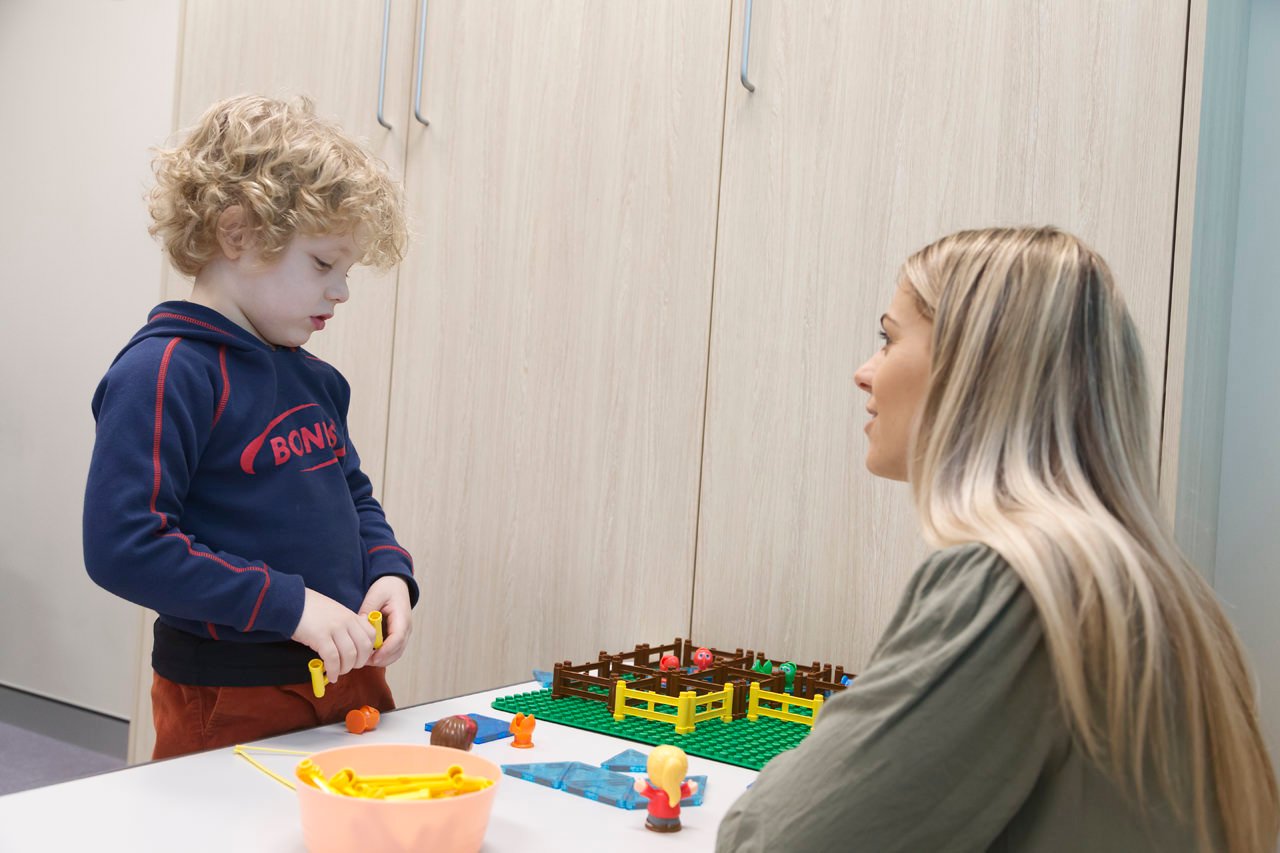
Find out more about Paediatric Autism Communication Therapy training for allied health and autism professionals at CliniKids.
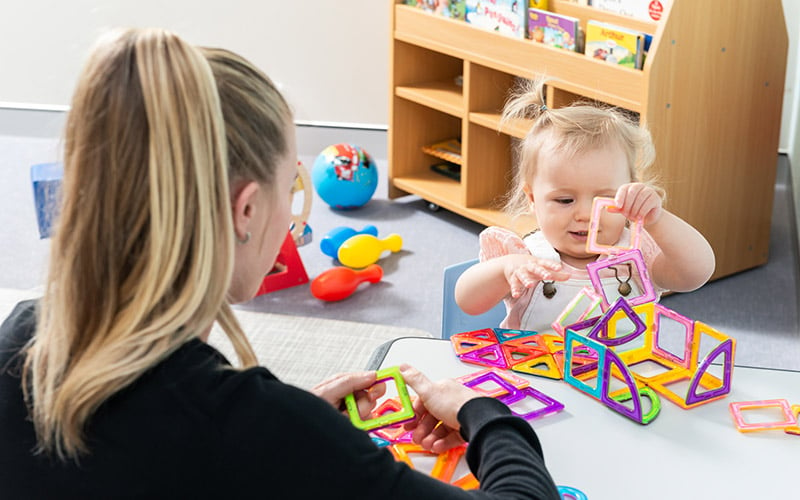
Learn more about the TOTS Study at CliniKids
Learn more about the SenseVest Study at CliniKids
Learn more about the LAMP Study at CliniKids
Our researchers have published many papers in world-leading paediatric autism and developmental delay journals. Browse their most recently published work here.
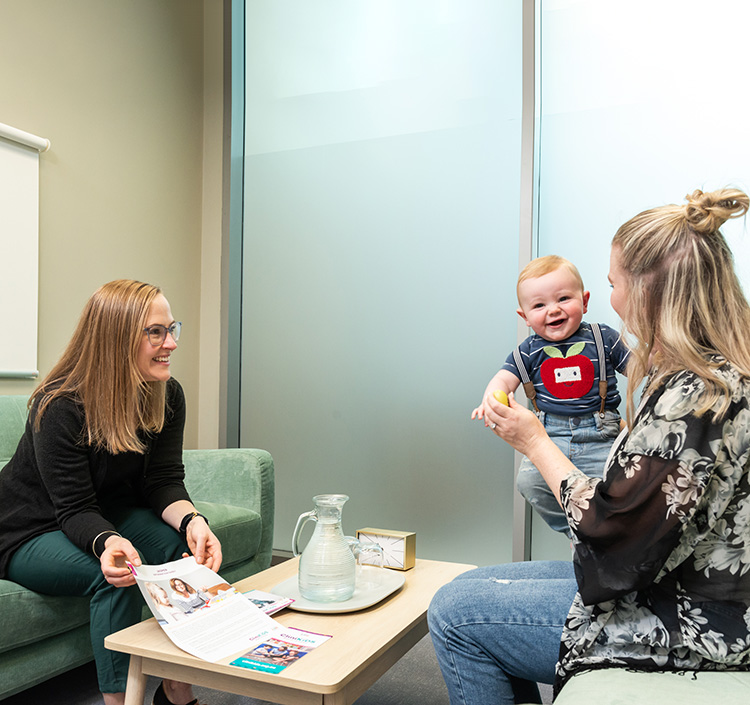
Here you'll find a wealth of information and resources to help support your child.

In this blog, you can read about one of the most common tools used in the autism diagnostic process – the Autism Diagnostic Observation Schedule.
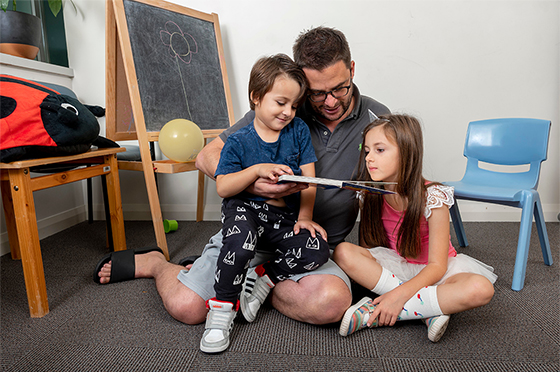
In this blog, Speech Pathologist Genevieve Wilmot discusses the many benefits of book sharing and how it can promote connection and social and communication development.
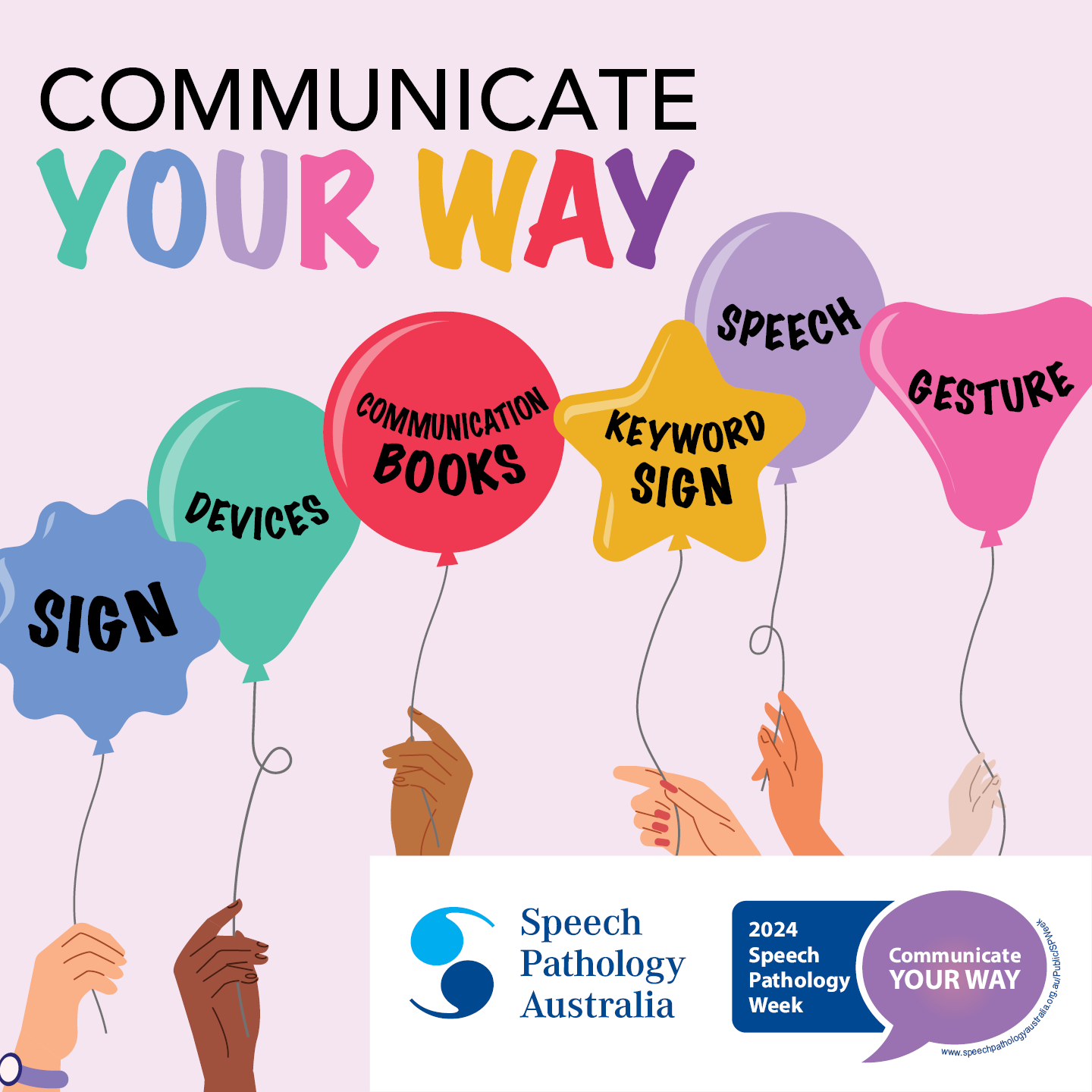
To kick off Speech Pathology Week 2024, we asked our clients, their families and the community to share the different ways they communicate. Senior Speech Pathologist Sally Grauaug compiled their ideas and feedback into this blog.
